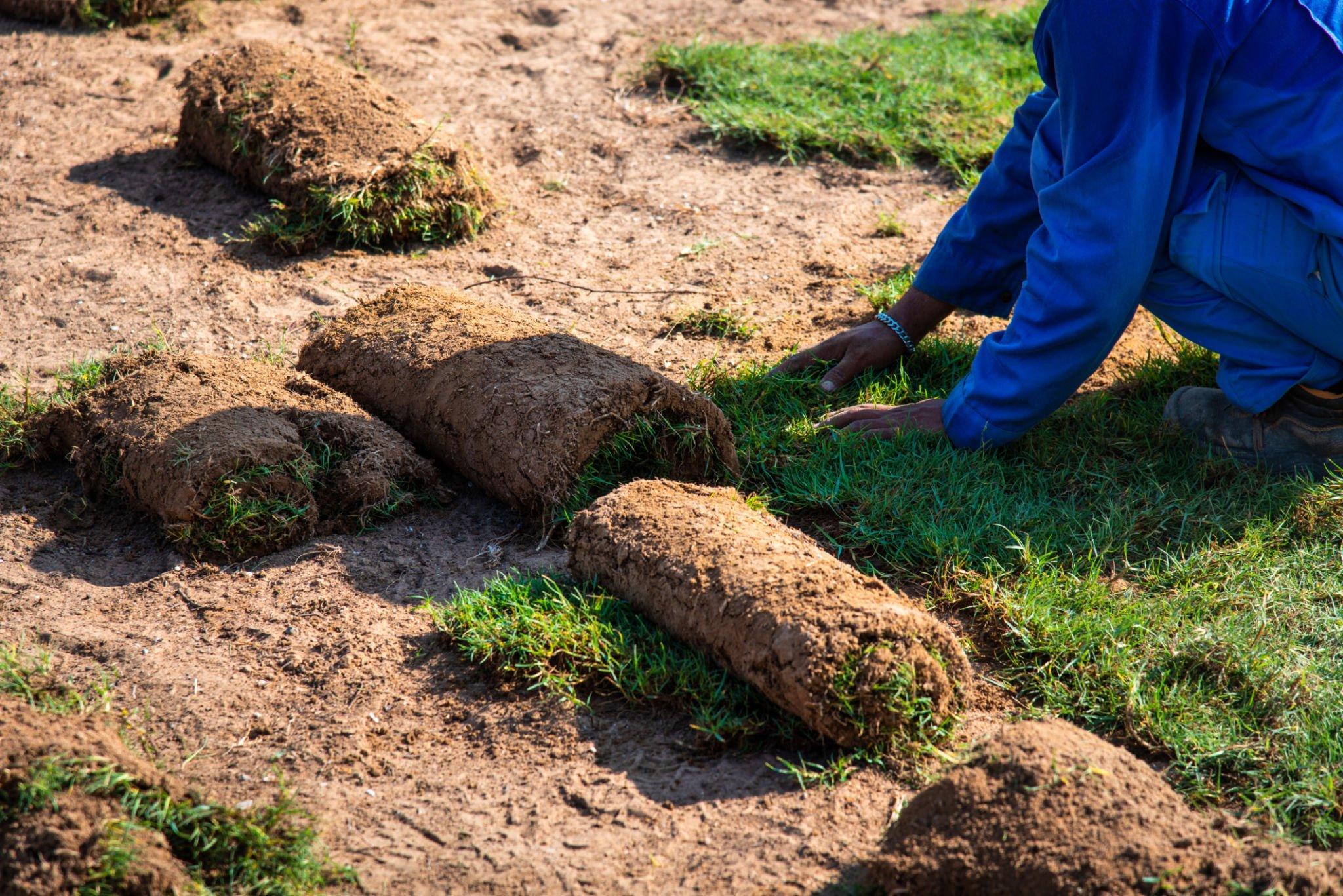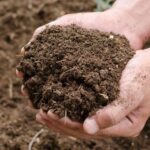In the world of agriculture, the use of natural and sustainable resources has gained significant attention in recent years. One such resource that has been utilized for centuries and continues to play a crucial role in farming is cow dung. Cow dung, also known as cow manure, is an organic fertilizer that has proven to be a valuable asset for agricultural practices. In this article, we will explore how cow dung is used as a fertilizer in agricultural farms, its benefits, and the eco-friendly aspects associated with its application.
The Rich Nutrient Content of Cow Dung
Cow dung manure is a nutrient-rich substance that contains a balanced mix of essential elements required for plant growth. It is composed of organic matter, nitrogen, phosphorus, potassium, and various microorganisms. This rich nutrient content makes cow dung an excellent choice for enhancing soil fertility.
Nourishing the Soil with Organic Matter
The organic matter in cow dung improves soil structure and enhances its water-holding capacity. This is crucial, especially in regions with arid climates, as it helps retain moisture in the soil, reducing the need for excessive irrigation.
Nitrogen – A Vital Plant Nutrient
Nitrogen is a primary nutrient for plants, essential for the formation of proteins and chlorophyll. Cow dung provides a slow-release source of nitrogen, ensuring a steady supply for crops throughout their growth cycle.
Phosphorus for Root Development
Phosphorus is vital for root development and overall plant growth. Cow dung contains a significant amount of phosphorus, making it ideal for crops that require robust root systems.
Potassium for Flowering and Fruit Production
Potassium plays a critical role in flowering, fruiting, and disease resistance in plants. Cow dung’s potassium content supports these essential processes, resulting in healthier and more productive crops.
Organic Farming and Cow Dung
As the demand for organic produce continues to rise, cow dung has found a special place in organic farming practices. Organic farmers prefer cow dung compost over synthetic fertilizers due to its natural origin and minimal environmental impact.
Reduced Chemical Dependency
The use of cow dung reduces the dependence on chemical fertilizers and pesticides, thereby minimizing the potential harm to the environment and human health.
Enhanced Soil Health
Organic farming with cow dung fosters healthier soil, teeming with beneficial microorganisms. This leads to improved nutrient cycling and a balanced ecosystem in the soil.
Application Methods
Cow dung can be applied to agricultural fields through various methods, depending on the specific needs of the crops and the farming practices employed.
Composting
Composting cow dung helps break down the organic matter further, creating a nutrient-rich soil conditioner. Farmers often mix cow dung with other organic materials like straw and leaves to create high-quality compost.
Manure Spreading
Directly spreading cow dung onto fields is a common practice. It can be incorporated into the soil or used as a top dressing, providing a slow and steady release of nutrients.
Eco-Friendly and Sustainable
The use of cow dung as a fertilizer aligns with sustainable farming practices and environmental conservation.
Reduced Greenhouse Gas Emissions
Cow dung recycling in agriculture reduces methane emissions, contributing to the mitigation of greenhouse gases responsible for climate change.
Closing the Nutrient Loop
Using cow dung as a fertilizer closes the nutrient loop in farming systems, promoting sustainable and self-sufficient agricultural practices.
Conclusion
Cow dung, a traditional resource, has proved its mettle in modern agriculture as a sustainable and eco-friendly fertilizer. Its nutrient-rich composition, benefits for soil health, and compatibility with organic farming make it a valuable asset for farmers seeking environmentally conscious solutions. By incorporating cow dung into agricultural practices, we not only enhance crop yields but also contribute to a greener and more sustainable future.
FAQs
1. Is cow dung safe for organic farming?
Yes, cow dung is safe for organic farming and is widely used by organic farmers as a natural fertilizer.
2. How often should cow dung be applied to crops?
The frequency of cow dung application depends on the crop type and soil conditions. Generally, it is applied once or twice a year.
3. Can cow dung be used for potted plants?
Yes, cow dung can be used as a component of potting mixtures for potted plants, providing them with essential nutrients.
4. Does cow dung smell bad when used in farming?
Fresh cow dung can have a strong odor, but when properly composted or mixed with soil, the smell diminishes significantly.
5. Can cow dung be used for all types of crops?
Cow dung is suitable for most crops, but the application rate and method may vary depending on the specific crop’s requirements.


